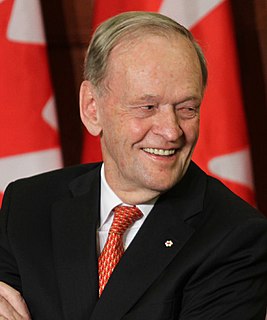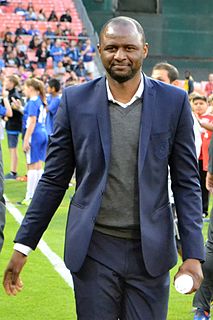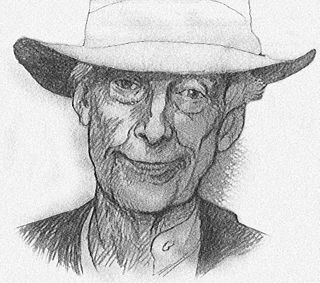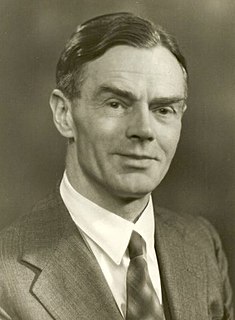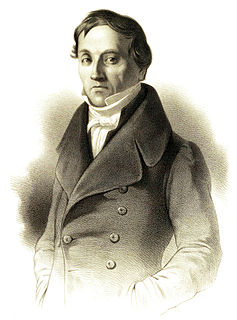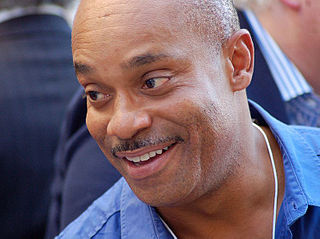A Quote by Jean Chretien
Related Quotes
When you’ve had children, your body changes; there’s history to it. I like the evolution of that history; I’m fortunate to be with somebody who likes the evolution of that history. I think it’s important to not eradicate it. I look at someone’s face and I see the work before I see the person... You’re certainly not staving off the inevitable. And if you’re doing it out of fear, that fear’s still going to be seen through your eyes. The windows to your soul, they say.
You know, Darwin said through natural selection things go gradually, and he was talking about pigeon's evolution or horses evolving, getting faster. But in fact if you look at evolution on a bigger scale, cosmic evolution and you look at culture evolution you see it jumps, it goes through phase changes, and that's very exciting.
I've written almost 200 songs with Bad Religion. No matter where you look in our history, the focus has been trying to instill some of these disturbing realities about the world, some of the implications of evolution into an artistic format that can be interpreted by people who may never study evolution.
By contrast with history, evolution is an unconscious process. Another, and perhaps a better way of putting it would be to say that evolution is a natural process, history a human one.... Insofar as we treat man as a part of nature--for instance in a biological survey of evolution--we are precisely not treating him as a historical being. As a historically developing being, he is set over against nature, both as a knower and as a doer.
It is essential for evolution to become the central core of any educational system, because it is evolution, in the broad sense, that links inorganic nature with life, and the stars with the earth, and matter with mind, and animals with man. Human history is a continuation of biological evolution in a different form.
The story of Mirror Mirror is in many ways a story about evolution. Its about the evolution of a child into an adult. Its about the evolution of those dwarves into something a little less rock-like, a little more humanoid. Its about the evolution of history, too, from the darkness of the Middle Ages into the light of the Age of Reason.
The story of 'Mirror Mirror' is in many ways a story about evolution. It's about the evolution of a child into an adult. It's about the evolution of those dwarves into something a little less rock-like, a little more humanoid. It's about the evolution of history, too, from the darkness of the Middle Ages into the light of the Age of Reason.
The History of Evolution is the real source of light in the investigation of organic bodies. It is applicable at every step, and all our ideas of the correlation of organic bodies will be swayed by our knowledge of the history of evolution. To carry the proof of it into all branches of research would be an almost endless task. (1828)
